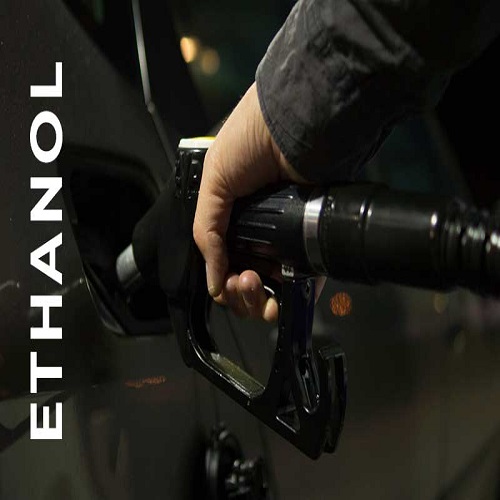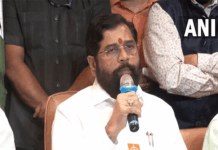NEW DELHI: Toyota Kirloskar Motor (TKM) showcased its electrified flex-fuel vehicles at the maiden edition of the India Sugar & Bio-Energy Conference on Thursday, highlighting the significance of biofuels in achieving carbon neutrality, according to financialexpress.
This significant event is a collaborative effort organized by the Indian Sugar Mills Association (ISMA), the International Sugar Organisation (ISO), and the Government of India.
During the conference, Toyota Kirloskar Motor showcased its Electrified Flex Fuel Vehicles, featuring two distinct models. This demonstration underscored the pivotal role of biofuels in facilitating a seamless transition away from fossil fuel consumption and, in turn, achieving carbon neutrality.
The event drew the participation of more than 500 attendees, including various government officials, industry experts, sugar mill proprietors, academic professionals, representatives from industry associations, members of the media, and other distinguished individuals. Over two days, the conference served as a platform for renowned thought leaders from both global and Indian backgrounds to share their specialized insights into the robust sugar economy and its global trade dynamics. Additionally, it explored innovative technologies aimed at fostering inclusive growth within the biofuels sector. These discussions aimed to stimulate idea sharing and shape future approaches for the sugar and bio-energy industry.
Earlier this year, in February 2023, Toyota Kirloskar Motor entered into a Memorandum of Understanding (MoU) with ISMA, with the primary objective of promoting the use of ethanol as a clean, indigenous, renewable, and sustainable energy source within the Indian automotive sector. Projections suggest that India will possess surplus ethanol beyond the requirements of the E20 regime post-2025. To fully leverage this potential and maximize its societal benefits, the adoption of Flex Fuel Vehicle technologies, capable of utilizing ethanol blends exceeding 20 percent (E20), becomes essential.
However, a notable challenge associated with Flex Fuel Vehicles is their reduced fuel efficiency due to the lower energy density of ethanol. This challenge can be effectively addressed by combining an electric powertrain with a flex-fuel engine, resulting in enhanced fuel efficiency. Electrified Flex Fuel Vehicles offer the dual advantage of increased fuel substitution using ethanol and improved fuel efficiency, thanks to a higher ratio of electric mode driving.
Aditya Jhunjhunwala, President of the Indian Sugar Mills Association, expressed, “Through these milestone initiatives, we aim to create greater awareness, understanding, and collaboration regarding the importance of biofuels and their benefits among consumers, policymakers, industry stakeholders, and more. ISMA is deeply appreciative of the government’s global biofuel alliance announcement, and we are committed to contributing to its success through our international collaborations.”
Vikram Gulati, Country Head and Executive Vice President of Toyota Kirloskar Motor affirmed, “Toyota remains unwavering in its commitment to driving future innovations by promoting sustainable technological advancements within the realm of green mobility. We firmly believe that ‘carbon is the real enemy,’ and therefore, we continue to offer diverse choices to our customers, including various vehicle powertrain technologies such as Electrified Flex Fuel Vehicles. In the context of India, we foresee substantial potential for ethanol as an indigenous and clean energy source, capable of significantly reducing fossil fuel consumption and carbon emissions.”












